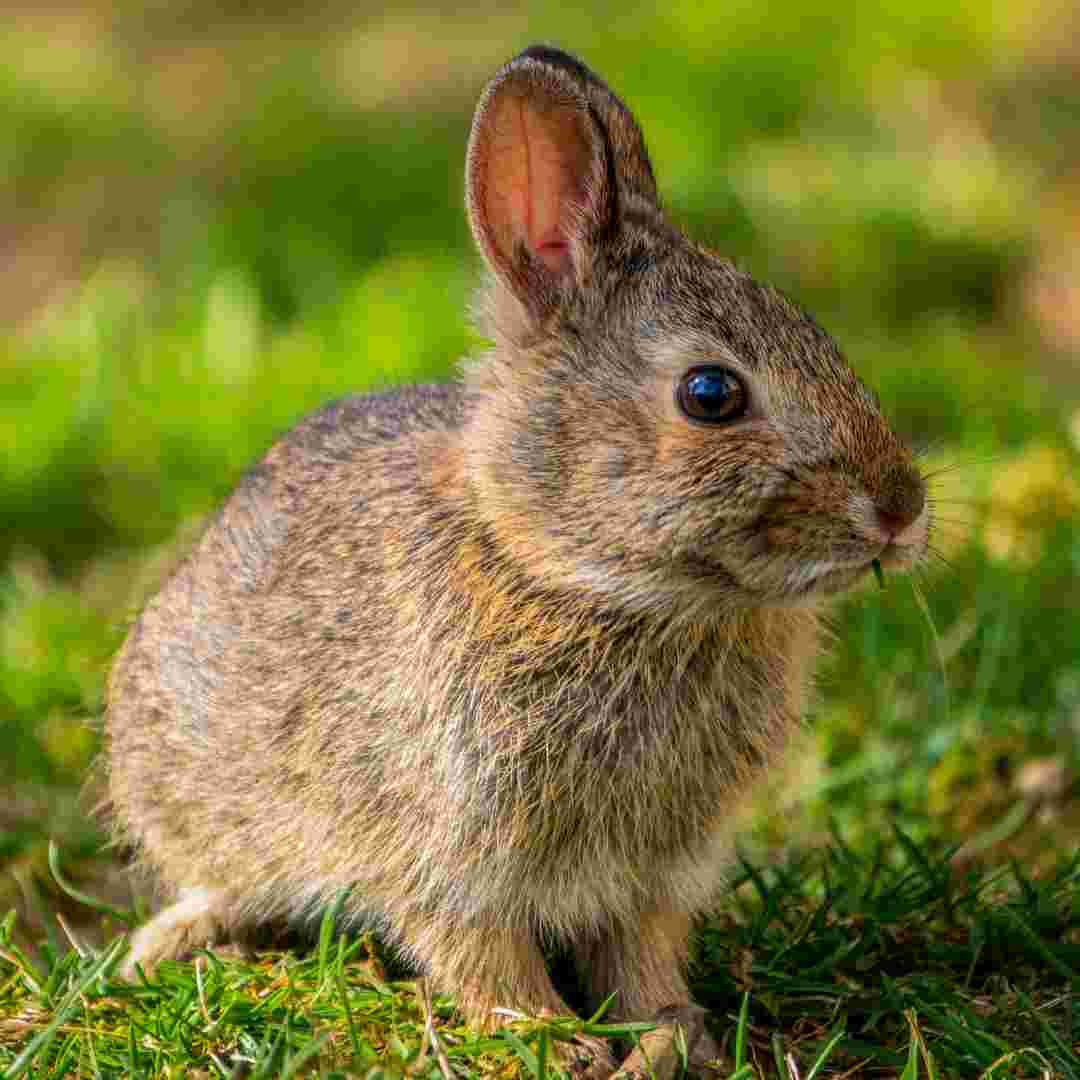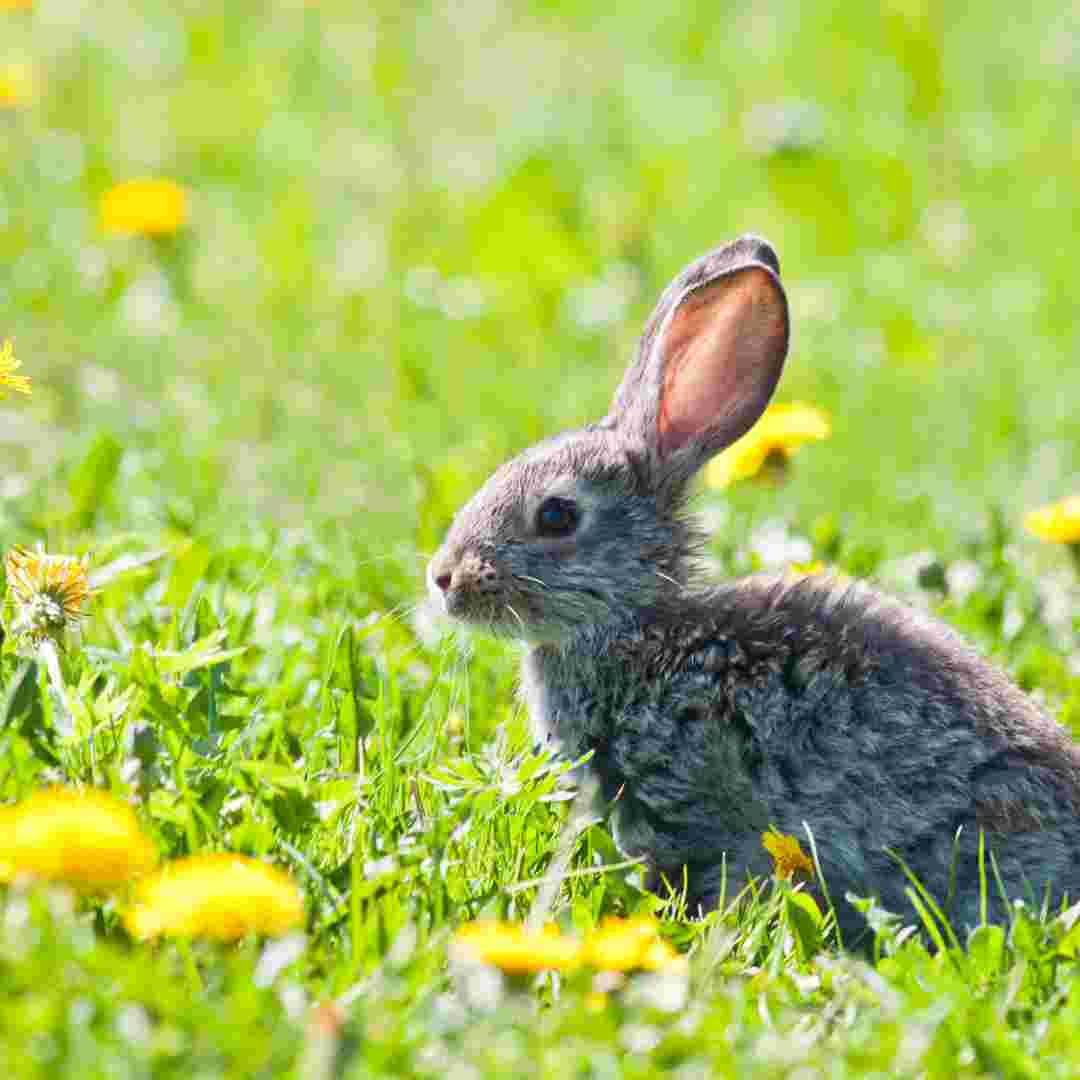Contents Table
Introduction
Rabbit Bite: What to Do
How to Avoid Rabbit Bite
Health Risks of Rabbit Bites
Treating Rabbit Bites
How to Spot an Aggressive Rabbit That Might Bite
Q&A
Conclusion
Introduction
Rabbit bites are painful. Though small and docile, rabbits can bite if threatened or afraid. According to rabbit size and severity, rabbit bites can be minor or severe. Rabbit bite causes, symptoms, and treatment are covered in this article. We'll also offer rabbit bite prevention advice.
Rabbit Bite: What to Do
If a rabbit bites you, take precautions to protect yourself and the rabbit.
First, evaluate the bite's severity. Minor bites may be treated at home. Clean the wound and apply antibiotic ointment. Bandage the wound cleanly. Immediately seek medical assistance for serious bites.
Second, you must establish why the rabbit bit you. Rabbits bite for fear, territoriality, and hostility. If the rabbit is a pet, identify and address triggers. Avoid touching a wild rabbit.
Preventing further bites is crucial. As a pet, the rabbit must be handled appropriately and kept safe. Avoid interaction with wild rabbits.
You may protect yourself and the rabbit by taking precautions.
How to Avoid Rabbit Bite
Rabbits are usually calm, although they can bite if threatened. Understanding rabbit behaviour and taking steps can help you avoid being bitten.
Remember that rabbits are prey and easily startled. Move gently and quietly when approaching a rabbit. The rabbit may become terrified and defensive if you move or make loud noises.
Second, rabbits need space. Be careful not to grab the rabbit without permission. If the rabbit doesn't want to be held, comply.
Third, handle the rabbit properly. Lift a rabbit by supporting its hindquarters and holding it tight. Never pick up a rabbit by its ears or tail—it can hurt it.
Fourth, rabbits need a safe and comfortable environment. Give the rabbit plenty of room to roam. Giving the rabbit lots of toys and hiding places will make it feel safe.
Finally, watch the rabbit's body language. Leave the rabbit alone if it flattens its ears or thumps its feet in fright or aggressiveness.
These ideas can help you and your rabbit establish a safe and fun relationship.
Health Risks of Rabbit Bites
The health risks of rabbit bites should be treated seriously. Rabbit bites may seem harmless, but they can cause infection and other health issues.
The main risk of rabbit bites is illness. Rabbits' oral bacteria can infect wounds when they bite. Redness, swelling, and pain can result from this bite. Untreated infection can spread to other parts of the body and cause catastrophic damage.
Tissue injury and infection can result from rabbit bites. Rabbit bites can produce deep puncture wounds that injure surrounding tissue. Scarring and other long-term impacts may result.
Rabbit bites can induce allergies. Allergic reactions can result from rabbit saliva bites. Allergic reactions cause hives, edoema, and breathing problems.
Rabbit bites can potentially spread illnesses. Rabbits can bite and spread tularemia. Fever, chills, and enlarged lymph nodes are tularemia symptoms.
Rabbit bites require rapid medical intervention. Your doctor can check the wound for infection and other health issues. Their treatments can avoid infection and other health issues.
Treating Rabbit Bites
Rabbit bites can hurt and infect if untreated. Rabbit bites require the following treatment and recovery processes.
Wash the wound with soap and water. This will remove rabbit-transmitted germs and dirt. Thoroughly rinse and dry the wound with a clean cloth.
Next, apply wound antibiotic ointment. This aids healing and infection prevention. If the wound is deep or bleeding heavily, get medical attention.
If the wound is shallow, wrap it. This protects and cleans the wound. Clean and dry the wound and change the bandage daily.
Monitoring the wound for infection is crucial. Immediately seek medical assistance if the wound is red, inflamed, or painful.
Finally, rabbit bite prevention is crucial. Please wear gloves and keep rabbits away from your face when handling them. If you encounter wild rabbits, stay away.
Follow these instructions to treat and heal a rabbit bite.
How to Spot an Aggressive Rabbit That Might Bite
Rabbits are usually calm, although they can bite if frightened or afraid. Knowing the indications of an aggressive rabbit might help you protect yourself and your pet.
A snarling or hissing rabbit is a clear indicator of aggression. Rabbits produce these noises when terrified or threatened. Back away and give your rabbit space if it makes these noises.
Lunging or charging at you is another indicator of a hostile rabbit. This means the rabbit feels threatened and will bite if you don't leave.
If your rabbit thump its hind legs, it may bite if it feels threatened. Thumping shows rabbits' anxiety and hostility.
Finally, if your rabbit has fur slip, it may bite if it feels threatened. Fur slip is when a rabbit removes its own fur to appear larger and more fierce.
When your rabbit exhibits these symptoms, back away and give it room. If aggressiveness persists, consult a veterinarian or animal behaviourist.

Q&A
1. What if a rabbit attacks me?
Clean a rabbit bite with soap and water and apply an antiseptic. When the bite is deep or bleeding heavily, get medical attention.
2. Are rabbit bites dangerous?
Rabbit bites can hurt and infect, although they are rarely harmful. If the bite is deep or bleeding heavily, get medical attention.
3. Can rabbits infect humans?
Rabbits can spread tularemia and ringworm. Rabbit handling requires good hygiene and medical attention if bitten.
4. How can I avoid rabbit bites?
To avoid rabbit bites, touch them softly and don't surprise them. You should also avoid touching their mouth or face.
5. What if my bunny bites someone?
When your rabbit attacks someone, wash the wound and apply antiseptic. When the bite is deep or bleeding heavily, get medical attention. To prevent future bites, give your rabbit a safe place and handle them gently.
Conclusion
Finally, rabbits can bite, but it's rare. Rabbits are usually calm and only bite when threatened or afraid. Rabbit bites require medical treatment to clean and treat the wound.
